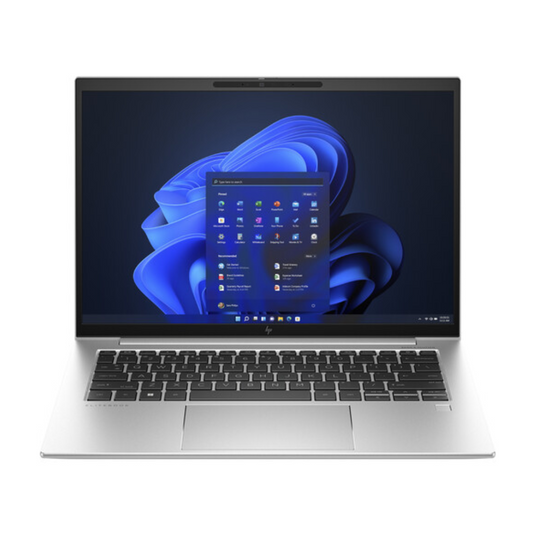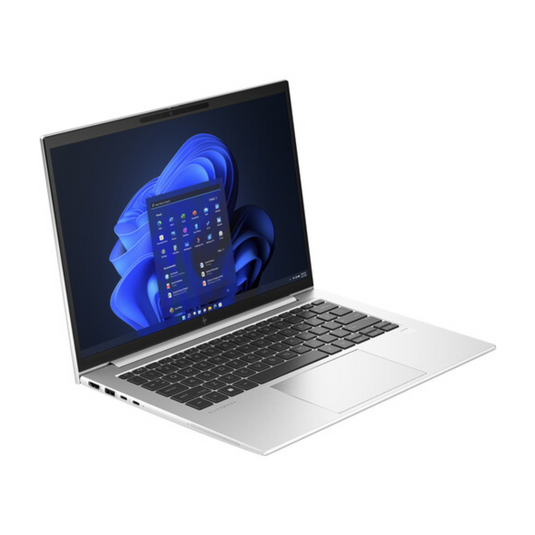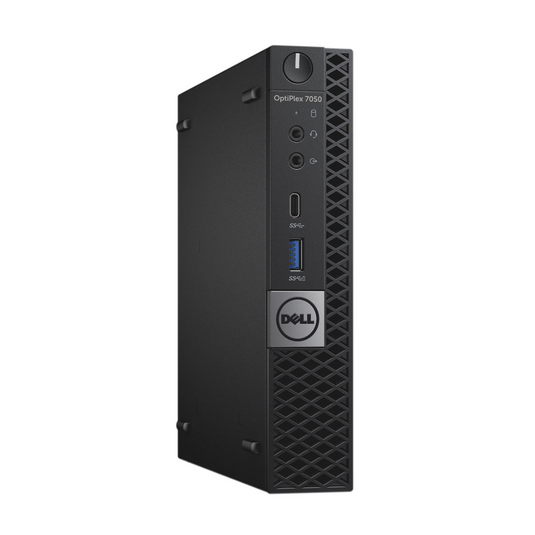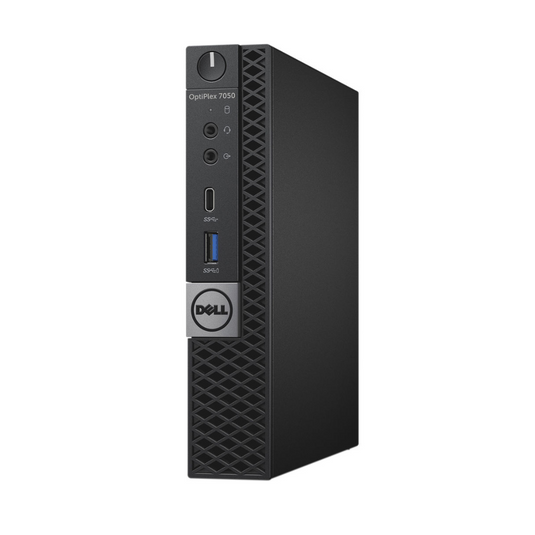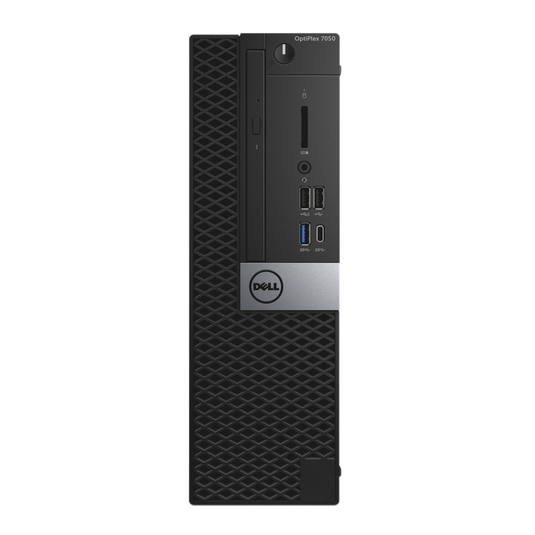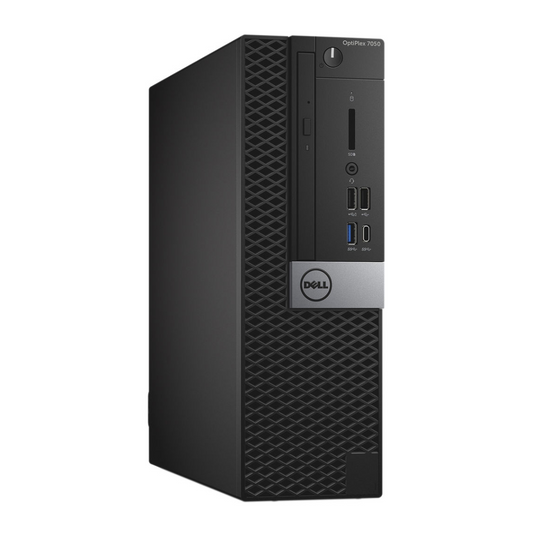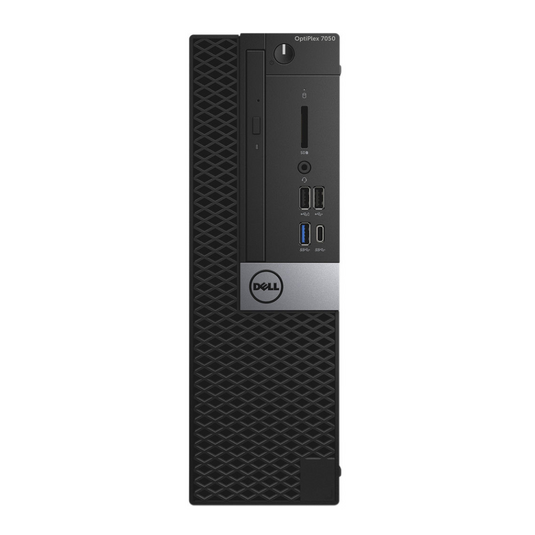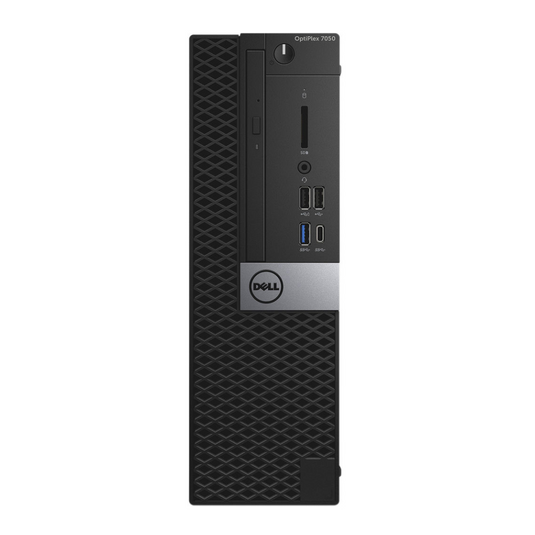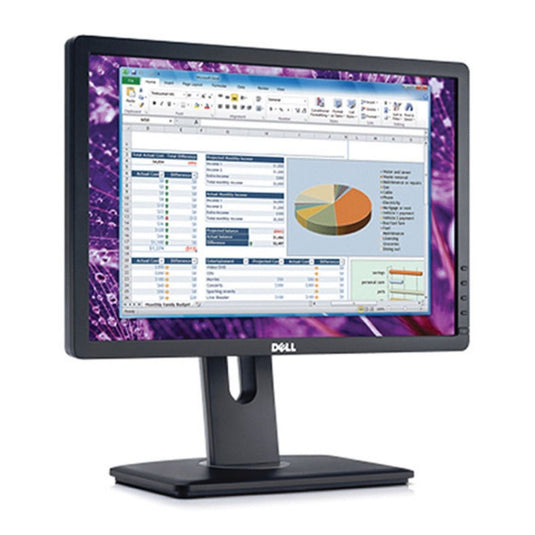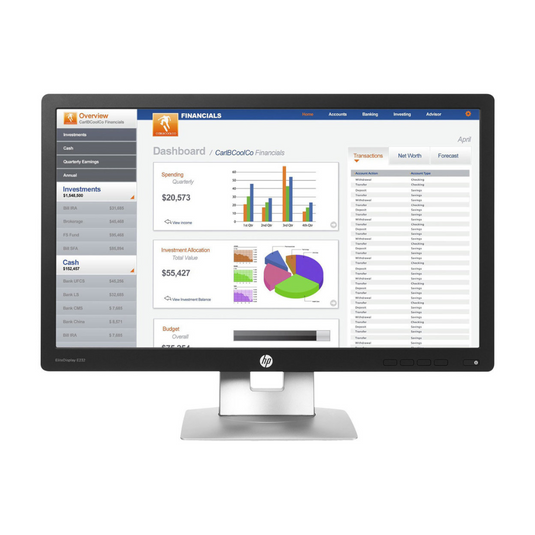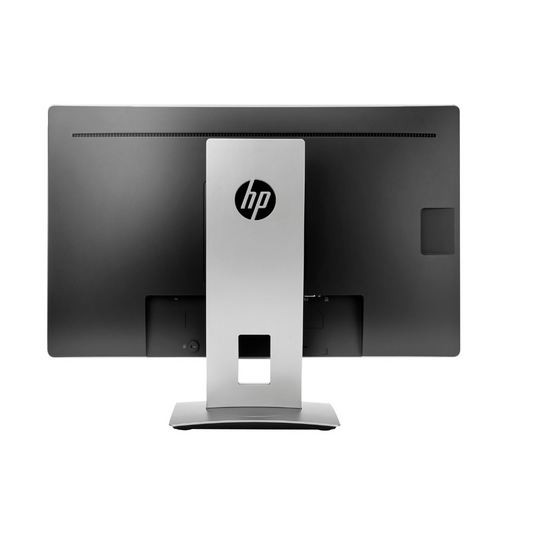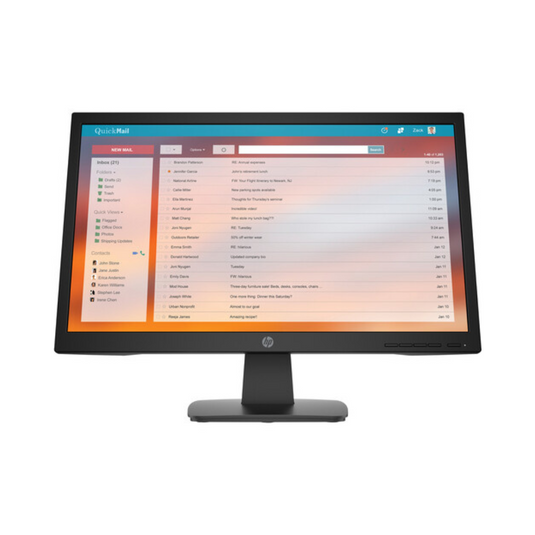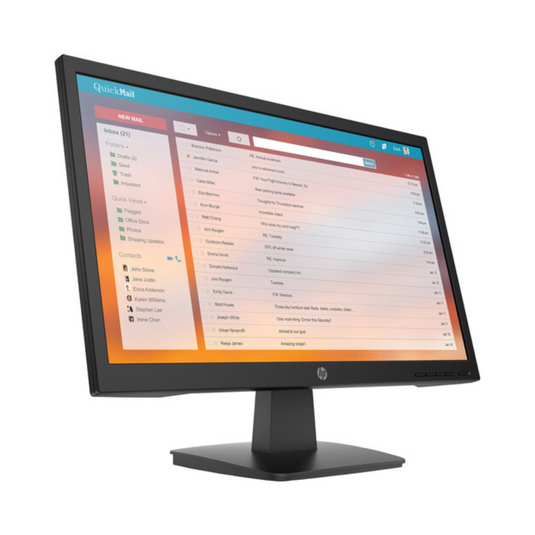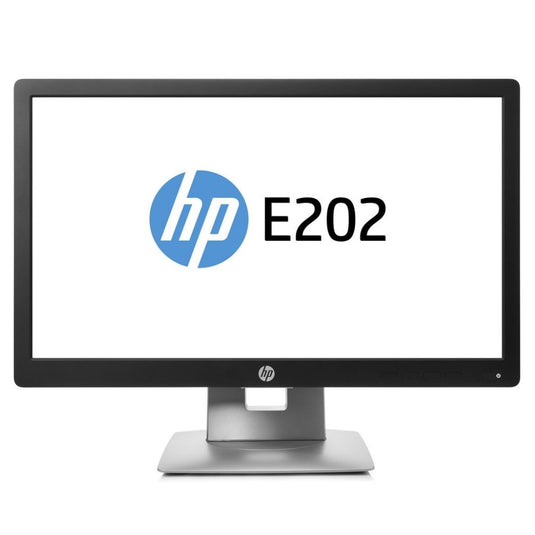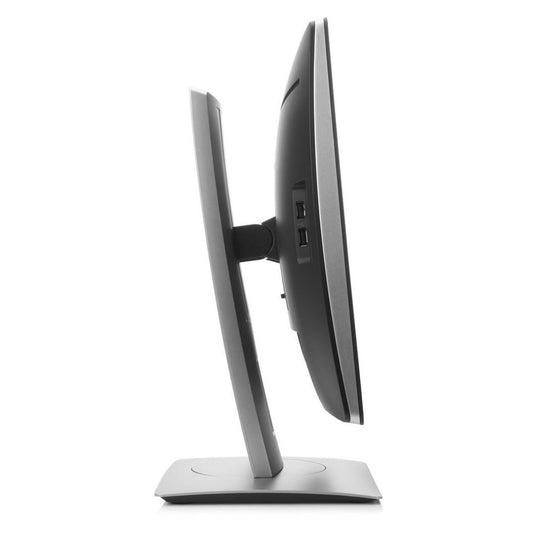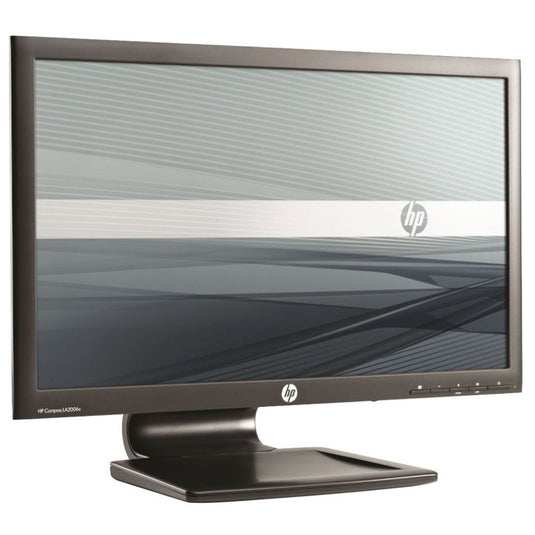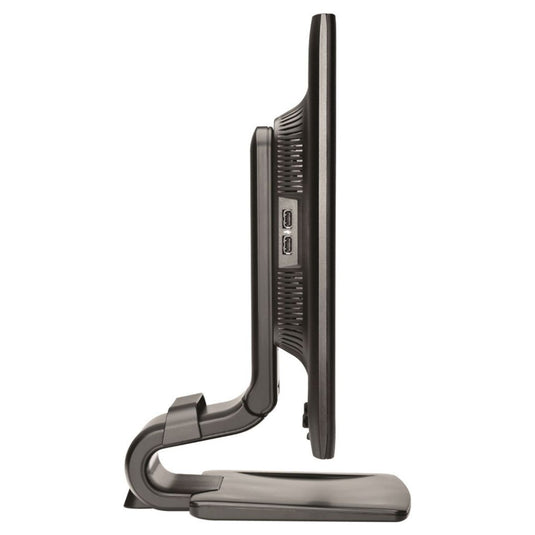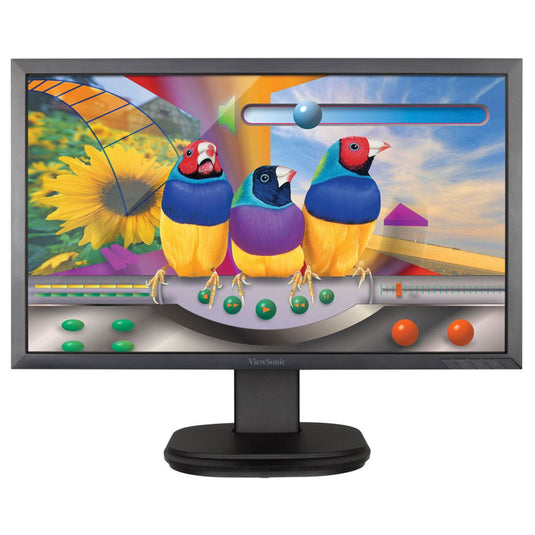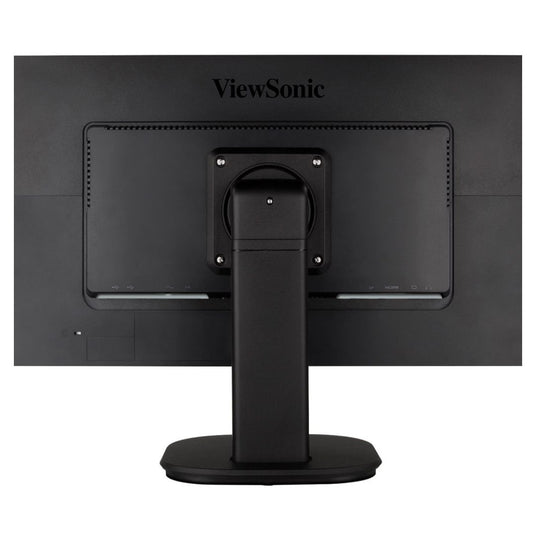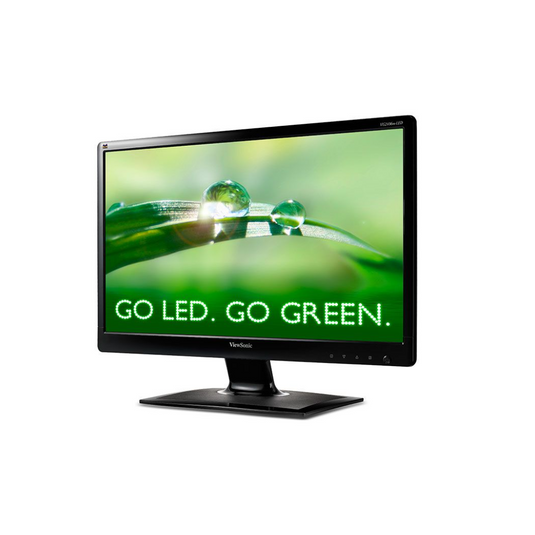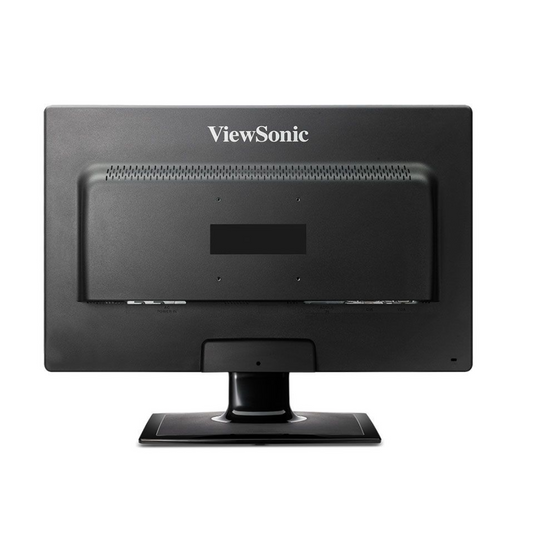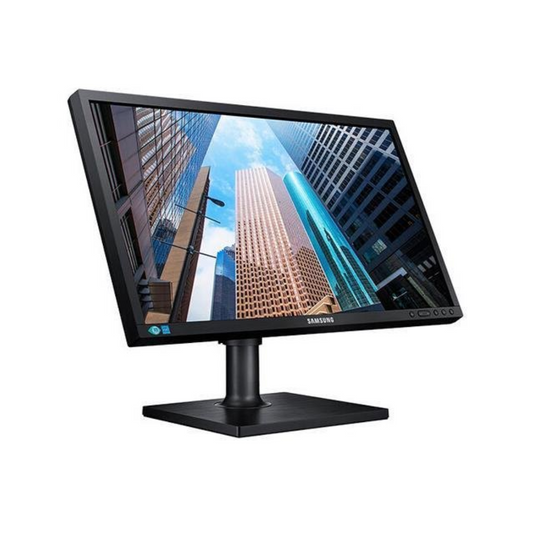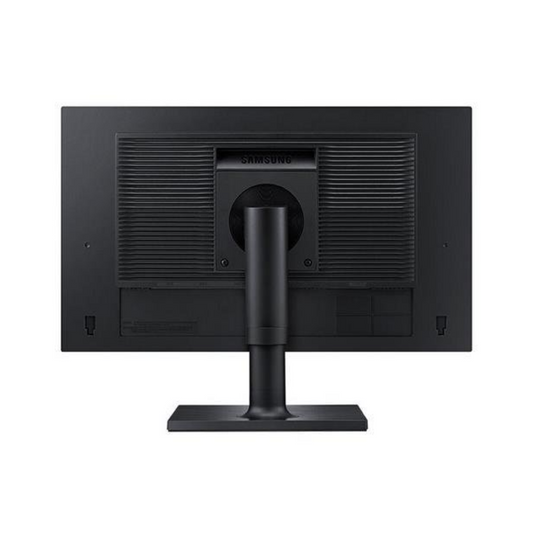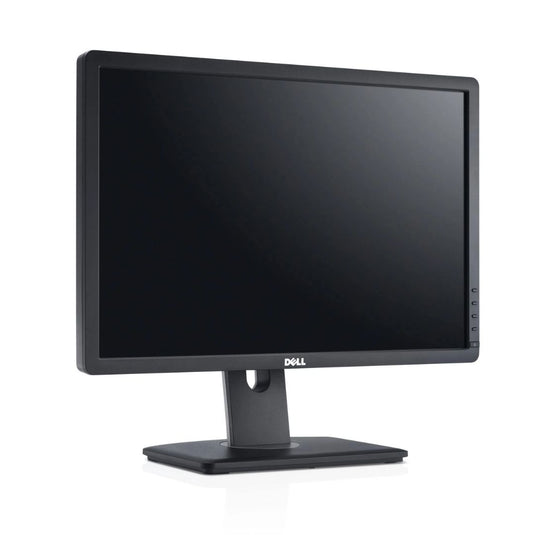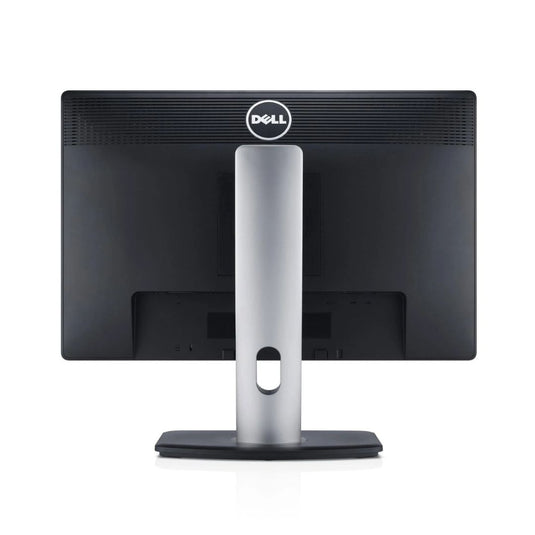
Whether we like it or not, all computer hardware breaks down eventually and upgrading is inevitable. There’s no escaping this fact.
Devices become obsolete and employees will need new features to keep up with changing workflows, technology stacks, and business processes.
And with hardware manufacturers constantly trying to outpace one another with new features and models, consumers are constantly replacing their old hardware.
The result is an immense e-waste problem that only worsens every year. In 2021 alone, over 57.4 million metric tonnes of e-waste was created. Adding to this problem, these totals continue to increase by over 2 Mt every year. Experts estimate that over 347 Mt of our recycled e-waste exists on earth.
It’s no secret sustainability is a high priority now in the world of business. The question businesses must ask themselves is clear: what they can do to deal with all that electronic waste responsibly.
One of the best decisions you can make in that regard is to purchase refurbished electronics from an R2-certified refurbishing service, which has the added benefit of saving on the budget.
Let’s discuss the e-waste problem, show how one non-profit organization is looking to solve it, and what you can do to contribute to the effort.
Why Is E-Waste a Problem?
Compared to other types of waste, e-waste is a unique threat that requires special attention. Thanks to the proliferation of smart devices and the Internet of Things trend, consumers and businesses are using more than just computers and phones. Smart fridges, car components, and even electric toothbrushes are heading to landfills at unprecedented rates.
Even worse, e-waste often contains mercury, lead, cadmium, and other harmful materials and chemicals, and not everyone knows how to recycle it properly.
But recycling isn’t the only goal here. Modern electronics are resilient and reusable, so preventing e-waste in the first place should be part of the job. By breathing new life into old devices, we can offer more affordable electronics, especially in developing regions that need them to engage in the modern economy.
Reusing and recycling e-waste comes with not only environmental benefits but also social and economic ones as well. That’s why organizations like SERI and its certified partners are working to close the digital divide.
How Sustainable Electronics Recycling International (SERI) Is Addressing the Issue
Sustainable Electronics Recycling International is a non-profit organization accredited by the American National Standards Institute (ANSI) to develop standards and guidelines to optimize how we deal with used electronics.
SERI also encourages companies and organizations to join its effort. Its initiatives include:
- The Electronics Sustainability Alliance for boosting reusing and recycling practices.
- The International E-Waste Management Network (IEMN), a team of environmentalists tasked with managing how individuals and groups handle waste electrical and electronic equipment (WEEE).
- The R2 Certification Program for certifying facilities globally that show dedication to its recycling and reuse best practices.
The complex problem of e-waste requires communication among manufacturers, business users, and communities to solve. SERI builds these guidelines to educate individuals and communities on sustainability and facilitate collaborative programs for proper e-waste disposal.
About the SERI R2 Certification Program
SERI maintains its R2 certification program to identify facilities that comply with its standards. R2 follows the philosophy that environmental solutions must flexibly fit within business workflows to be impactful. That’s why SERI addresses the entire supply chain when it comes to electronics, ensuring high standards of environmental protection, quality assurance, and data security throughout the process.
What “Certification” Means
Certification is not the same as a regulation or a standard. Knowing the difference is vital to understanding the approach SERI takes to encourage better e-waste management.
SERI has developed standards businesses may follow to improve their sustainability posture. But certification involves verifying that we are following those standards. A certified facility monitors its workflows to make sure it’s following those best practices.
Certification also differs from regulation. Laws require enforcement and punish facilities for being non-compliant. In contrast, R2 certification emphasizes accountability and encourages facilities to make continual improvements to keep their certifications. The companies SERI works with are not only following sustainability standards but are also inherently dedicated to the cause.
What Are the Advantages of R2 Certification?
Electronics facilities scramble to adhere to SERI guidelines and obtain R2 certification because of its benefits:
- Demonstrating environmental commitment. Customers, shareholders, employees, and business partners increasingly seek to work with companies that care about environmental issues. For instance, 85% of customers cite sustainability when making purchasing decisions.
- Promoting trust. R2 certification requires independent auditing and certification to preserve the integrity of the program.
- Ensuring responsible recycling. We’ve mentioned that e-waste recycling is substantially different from regular recycling. R2 shows that a facility understands safe techniques for disposing electronic waste and can recover precious metals for reuse.
An R2 certification differentiates an organization from the competition. Facilities with it can boast their proof of credibility and have more business opportunities as a result. R2 also helps customers decide on which organizations with which to do business.
How Does R2 Deal with the Risks of E-Waste?
Handling e-waste goes beyond recycling the materials. R2 also addresses the inherent safety risks of working with used electronics. For example:
- Data security. Potentially sensitive personal data on hard drives may still linger on the disk even after data cleaning processes. R2 facilities must practice proper data destruction to prevent data breaches.
- Refurbished electronics. Buying refurbished goods is an excellent way to prevent e-waste, but which refurbishing services can responsibly deal with the inherent risks to protect your brand reputation? R2 certification is an excellent way to boost consumer confidence when choosing refurbishing vendors and buying refurbished laptop computers and other products.
- Protocols for specialized equipment. Some industries like medicine and science use electronics that require a different approach to e-waste compared to standard consumer-grade devices. R2 has sections dedicated to specialized sectors.
How R2 Is Always Evolving
The world of electronics is constantly evolving, so the R2 global standard is always improving itself. In mid-2020, the SERI Board of Directors developed the latest edition of its standards, R2v3, using feedback from industry professionals, customers, and the public. The standard has entered the American National Standard by ANSI.
How You Can Do Your Part
Facilities that work with electronic devices can achieve accreditation with R2v3 to contribute to a more environmentally friendly world. However, even buyers themselves can ensure their devices don’t end up in e-waste landfills by purchasing refurbished electronics from R2-certified vendors.
When a previous owner returns a device, a refurbishing center takes that used product, cleans and fixes it, and resells it. Compared to used laptops and computers, refurbished goods are in excellent and sometimes like new condition, yet you still get the benefit of a lower cost compared to buying new.
Refurbishing ensures your teams are equipped with reliable tools while saving you money and ensuring less e-waste enters the environment.
The next time you’re in the market for reconditioned laptops and computers, always demand certification from your prospective vendors. R2 is certainly a must-have if you want a vendor dedicated to sustainability with the knowledge of properly recycling and reusing electronics. There’s also the Microsoft Authorized Refurbisher (MAR) certification, where the vendor has approval from Microsoft itself to refurbish computers and install genuine software and operating systems.
Buy Your Refurbished PCs from System Liquidation — a Proudly R2v3-Certified Provider
The mass proliferation of the Internet of Things and the use of smart devices has exacerbated the e-waste problem in recent years. To make better use of our old devices and avoid dumping hazardous materials into landfills, we need collaborative efforts like SERI’s R2 certification program to enforce new standards and best practices that fit into our business workflows.
Show your dedication to environmental conservation by buying bulk laptops for sale from System Liquidation. We pride ourselves on our R2v3 certification, and our ability to refurbish laptops, desktops, and other devices in bulk gives you access to wholesale pricing.
Even if you operate in a unique industry with special requirements, check out how our tailored deals can provide you with quality refurbished electronics.
Do your part in helping solve the e-waste problem by shopping for quality refurbished computers with System Liquidation, or check out our B2B Partner Program for special pricing.











